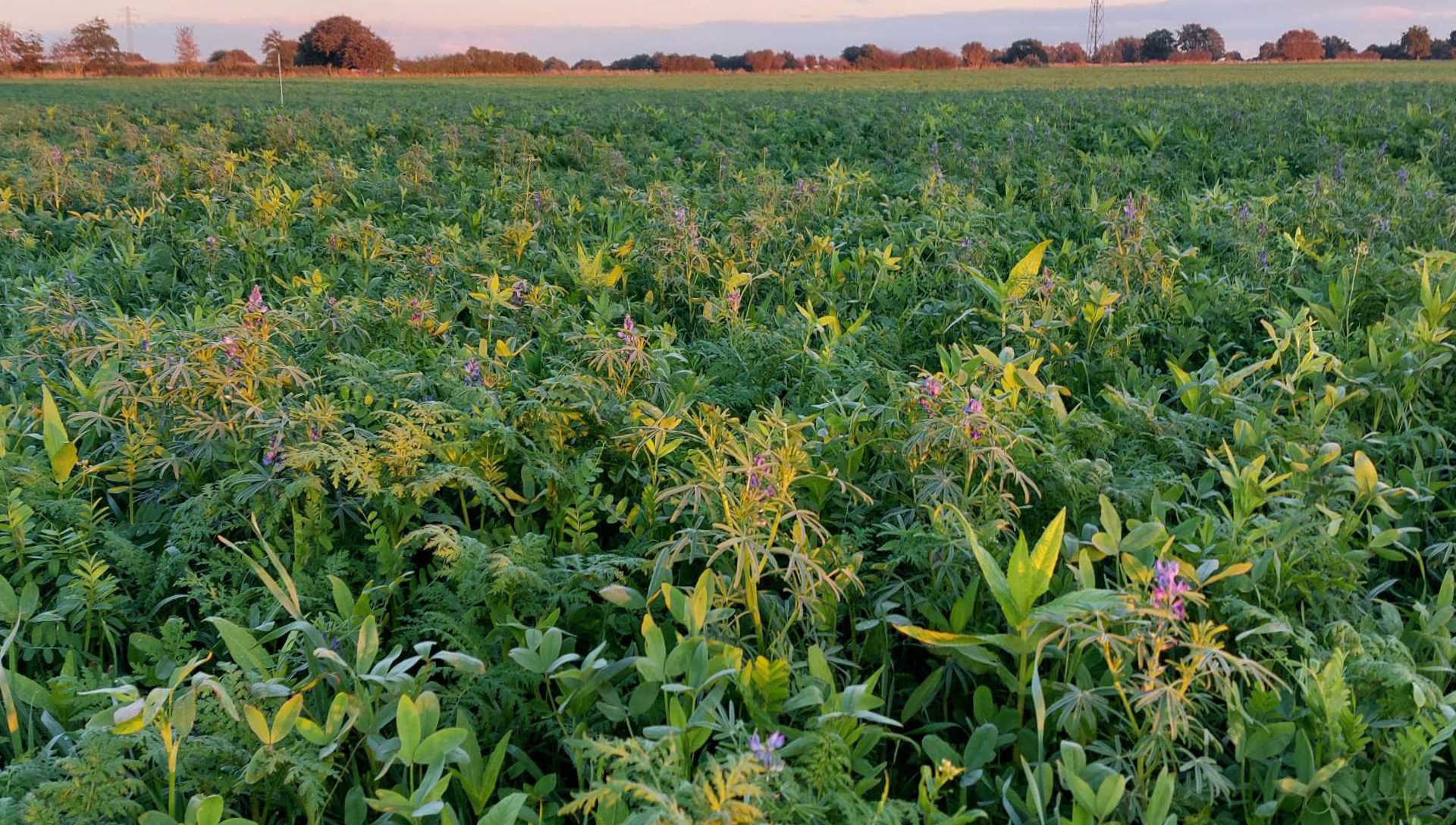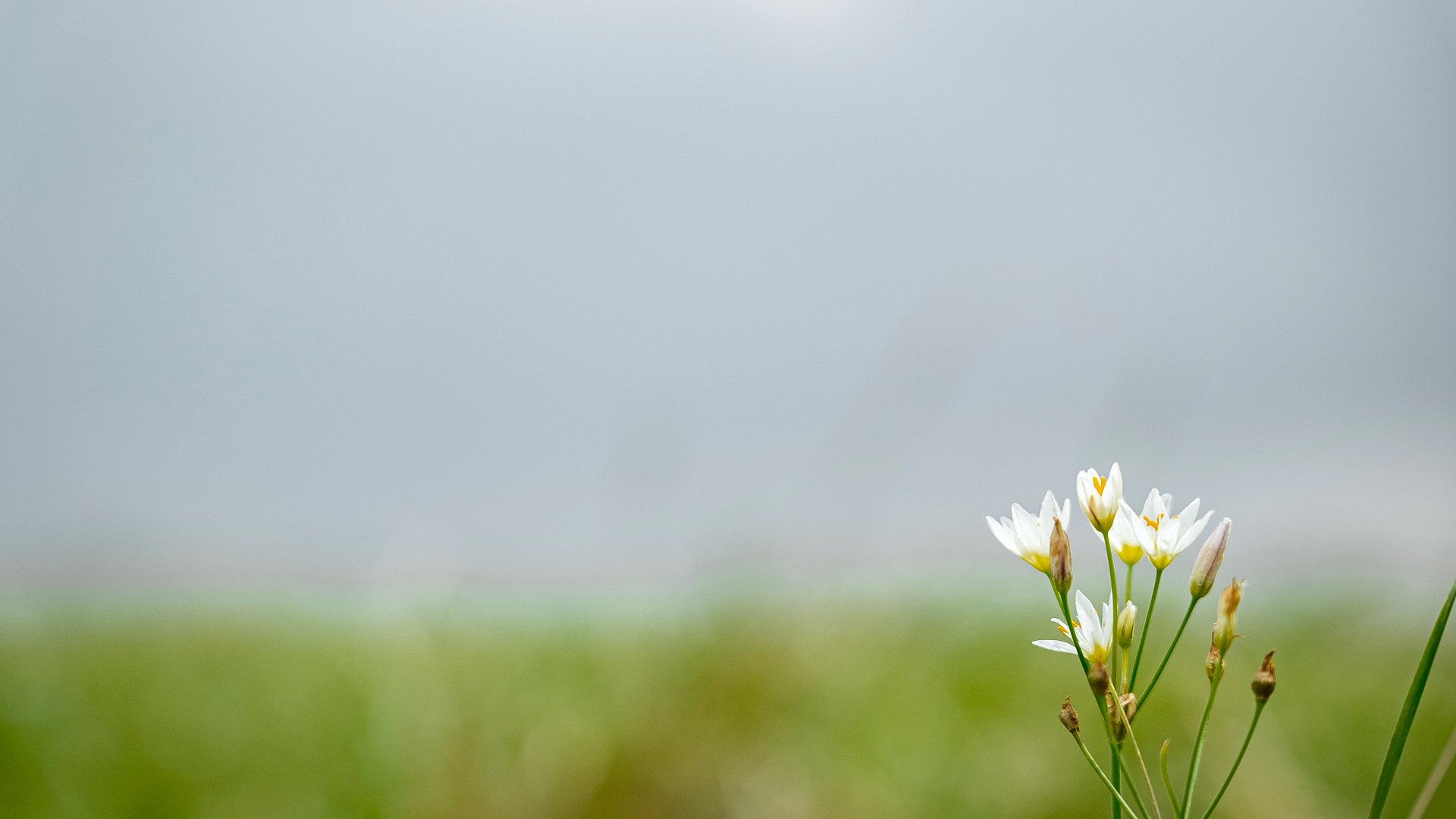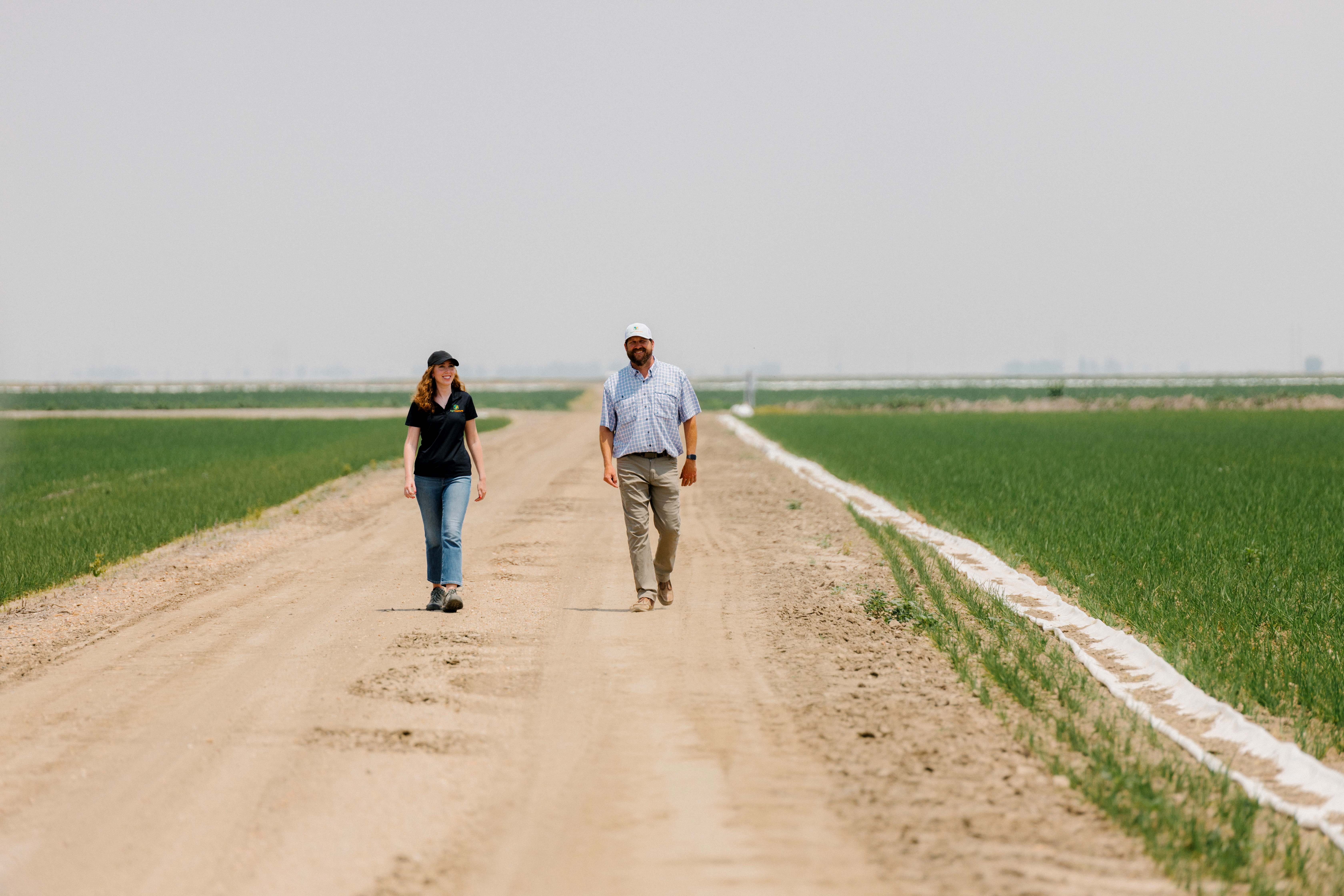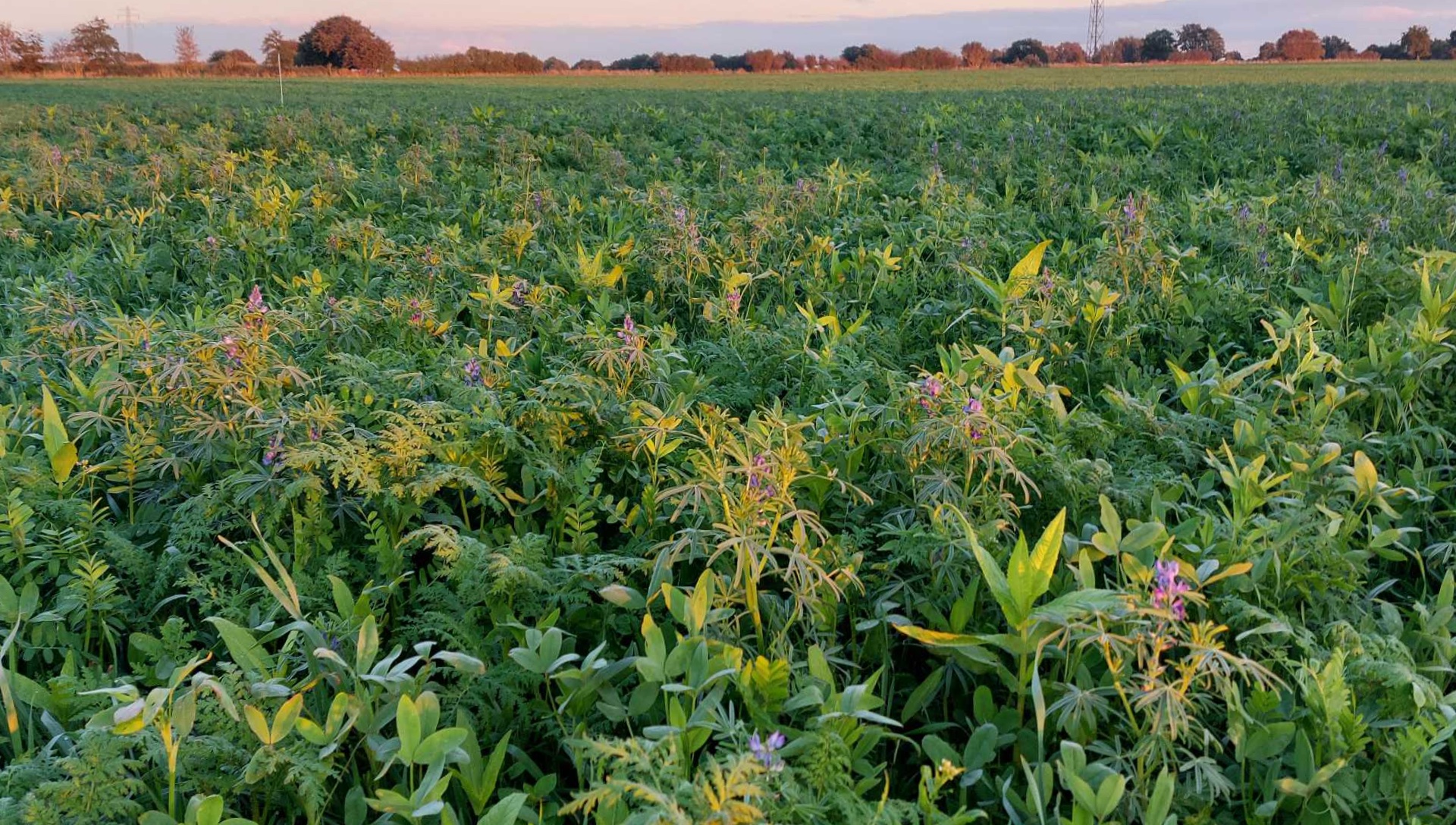Soil Carbon Sequestration through Regenerative Farming Practices - Removals
Regenerative Agriculture
Soil
プロジェクト概要
Half of the world’s habitable land is used for agriculture. Within the soil on this land lies a solution to the climate crisis. Globally, we're witnessing severe soil degradation that has led to a staggering 50% loss of organic carbon in soils. Through regenerative practices, we can restore the soil’s potential as a carbon sink — a scalable, nature-based solution.
Farmers in Klim’s project actively remove CO₂ from the atmosphere by enhancing soil carbon sequestration through methods such as improved crop rotations and organic fertilization. These methods also improve soil fertility, increase its water-holding capacity, and strengthen its climate resilience. Your financial support enables farmers to regenerate soil, providing essential bridge funding that empowers them to take the necessary risks involved in changing their methods.
Klim's project goes beyond climate change mitigation by fostering a thriving, diverse ecosystem. Through regenerative practices, farmers enrich biodiversity, both above and below the soil. With Klim, you support farmers committed to protecting and enhancing life on their farms and contributing to the sustainable transformation of agriculture.
Our digital platform and proprietary MRV methodology are specifically designed to facilitate the farmer-friendly transition to regenerative farming practices, ensuring maximum transparency and traceability of our carbon credits. These credits undergo a thorough two-step verification process, including third-party verification by TÜV Rheinland in accordance with DIN ISO 14064.2. This process involves document verification, satellite monitoring, and, when necessary, on-site visits. By leveraging data effectively, we accurately measure how much carbon is stored through regenerative practices by our 3,500+ Klim farmers in Europe.
Based on the Verra AFOLU risk assessment tool, Klim reserves 25% of all generated removals in a non-sellable permanence buffer to compensate for any reversals. Additionally, we've established a farmer vesting scheme, withholding 25% of payments for five years to encourage farmers’ ongoing engagement. Klim also focuses on knowledge sharing to strengthen farmers' commitment to regenerative practices, emphasizing the long-term benefits for the productivity and resilience of their farms.




